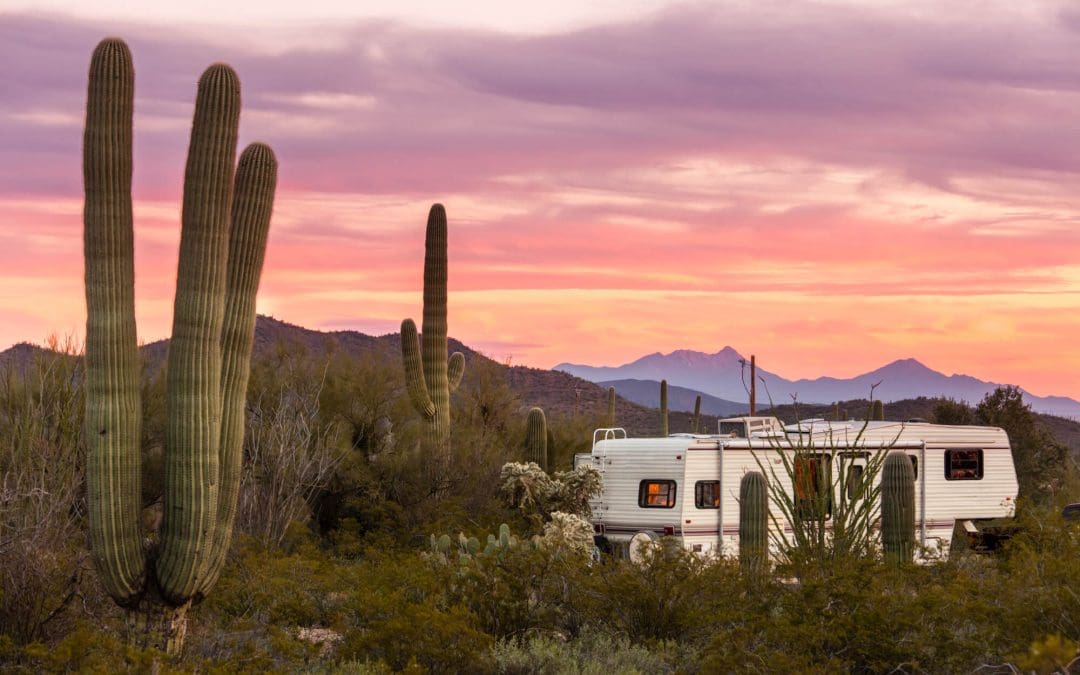The RV lifestyle has exploded in popularity. Social media is full of images showing people living the dream in a camper by the beach or deep in the mountains. But for all the enthusiasm, there’s also a lot of misinformation floating around. Some folks avoid RVing entirely because they’ve heard things that simply aren’t true, while others jump in with unrealistic expectations. If you’re curious about RV life or even considering buying your first rig, it’s important to separate fact from fiction. Here’s a straightforward look at some of the most common RV myths—and what’s actually true.
One of the Most Common RV Myths: You Have to Be Rich to Own an RV
This one keeps a lot of people on the sidelines. RVs come in a wide range of styles and prices, from used pop-up campers to fully loaded Class A motorhomes. You don’t need six figures in the bank to get started.
There are plenty of affordable options that make RVing accessible for regular folks. In fact, many people start small with a used travel trailer or camper van and upgrade later if they want. Financing is also available for most RVs, just like cars.
RVing Is Only for Retired People
The image of a retired couple cruising down the highway in a big motorhome isn’t wrong—but it’s not the whole story. More and more families, younger couples, and solo travelers are hitting the road full-time or part-time.
Remote work and online school have opened the door for people of all ages to travel more freely. Some people live in their RVs full-time while working, homeschooling, or running a business. Others just enjoy weekend trips or seasonal travel.
RVs Are a Nightmare to Maintain
Yes, RVs need maintenance, just like cars and houses. But the idea that RVs constantly fall apart or are too complicated to manage is overblown.
If you stay on top of routine care—like checking seals, managing tire pressure, and servicing the engine if it’s a motorhome—you can avoid most problems. Learning a few basic skills helps a lot, and there are mobile RV techs who can come to you when needed.
You Can Park Overnight Anywhere You Want
Social media makes it seem like you can just pull off the road and set up camp wherever it looks nice. That’s not always the case. While there are places you can boondock legally—like national forests or BLM land—there are rules about where you can stay.
Many cities ban overnight parking, and private property is obviously off-limits unless you have permission. That said, there are tons of campgrounds, free public lands, and even apps that help you find safe overnight parking.
RVing gives you freedom, but it’s not a free pass to park just anywhere.
Full-Time RVing is a Permanent Vacation
Living full-time in an RV is a lifestyle—not an endless holiday. People who do it still have responsibilities. They pay bills, work jobs, homeschool their kids, and take care of their rig.
There are moments of adventure, but there are also flat tires, rainy days, and laundry. It’s not all sunshine and campfires. It can be a great life, but it’s not effortless.
RVs Are All the Same
RV types vary a lot. There are motorhomes, travel trailers, fifth wheels, pop-ups, truck campers, and camper vans—and they’re not interchangeable. Each one has pros and cons depending on your lifestyle and travel goals.
Some are better for short weekend trips. Others are built for long-term living. The key is picking the right one for your needs, not just the one that looks cool on Instagram.
Last but not Least for Our RV Myths: It’s Easy to Just Hit the Road Without Planning
Part of the RV appeal is the freedom to move when and where you want. But that doesn’t mean you can ignore planning altogether. If you roll into a popular national park in peak season without a reservation, there’s a good chance you’ll be turned away.
You don’t need a minute-by-minute itinerary, but having a rough route, some campground backups, and an idea of your fuel and food stops goes a long way. A little prep keeps the experience fun instead of frustrating.
FAQs on These RV Myths
Do I need a special license to drive an RV?
Most RVs can be driven with a regular driver’s license. Exceptions might apply to very large rigs, depending on the state and weight.
Is RV insurance expensive?
It depends on the RV type, how much you travel, and your driving record. For many part-time RVers, insurance is affordable and similar to car insurance.
Can I live in an RV full-time legally?
Yes, but where you park matters. Some cities and HOA communities have rules against long-term RV living. Many RVers rotate between locations or stay in RV parks designed for full-timers.
How often do RVs break down?
Breakdowns happen, especially if maintenance is ignored. But many RVers go years without major issues. Staying on top of care and learning basic troubleshooting helps avoid most problems.
Is it hard to drive a big RV?
It takes some getting used to, especially the first few times. But with a little practice, most people get comfortable quickly. Many RVers start with a smaller setup before moving up to a larger rig.
USRV Inspector provides professional RV inspection services to RVers throughout the United States. Contact us to schedule an appointment.

